- TECHSWU
- Posts
- TECHSWU
TECHSWU

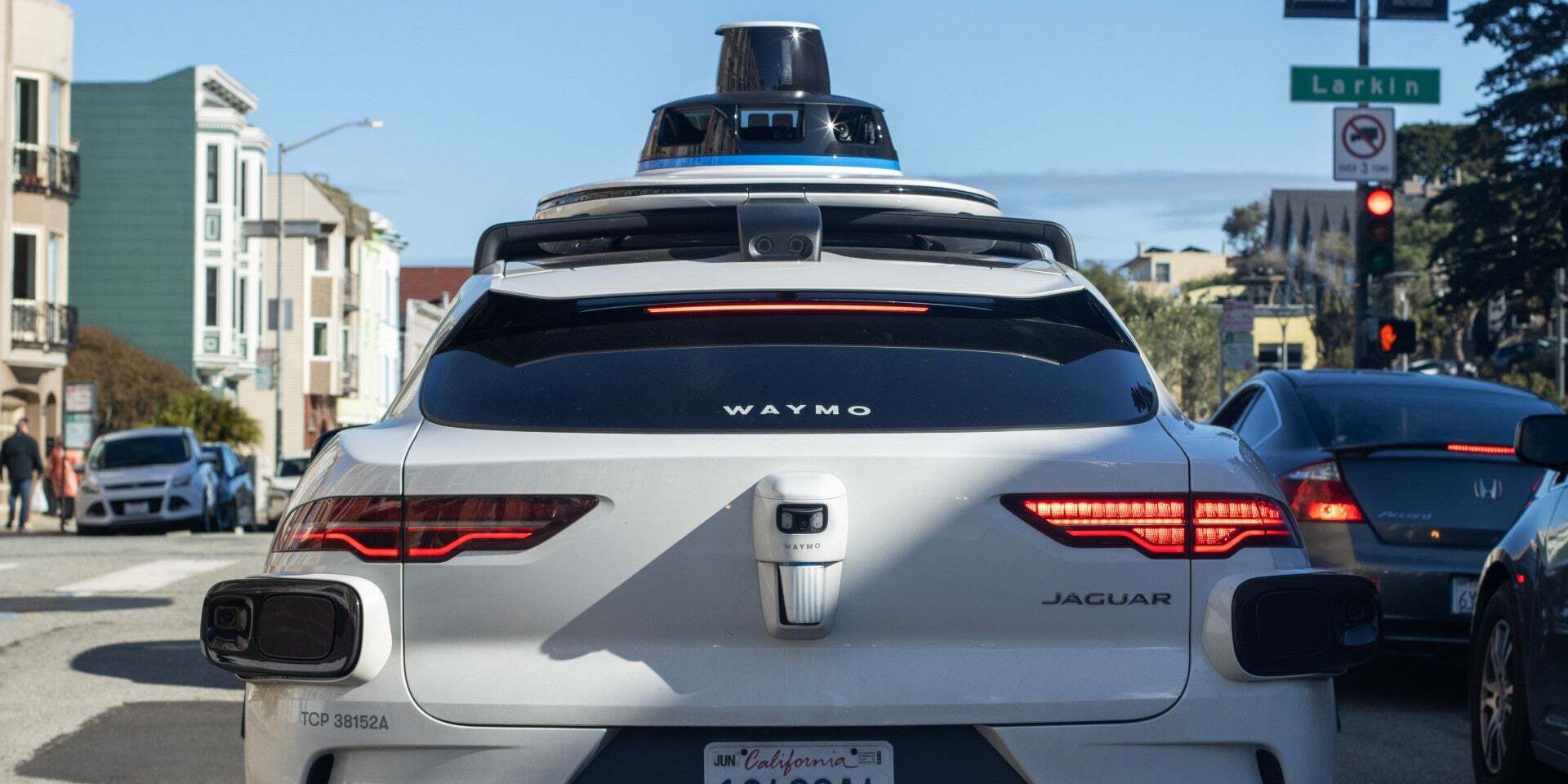
Waymo is set to make its mark in Dallas by launching a robotaxi service in 2026, thanks to a strategic partnership with Avis Budget Group. As a frontrunner in the autonomous ride-hailing industry, Waymo aims to expand its fleet management across the city, allowing passengers to summon driverless rides via the Waymo app.
This rollout adds to Waymo's existing operations in major cities like Los Angeles, Phoenix, and San Francisco. With over 100 million miles driven autonomously, Waymo is outpacing competitors such as Tesla and Amazon's Zoox, each grappling with their own challenges.
The anticipation around this launch is palpable, as the company continues its ambitious expansion plans, testing its services in multiple U.S.
cities and even internationally.

Imagine slipping on contact lenses that allow you to see in infrared, much like a superhero or a snake! A team of innovative scientists has made strides in developing these groundbreaking "night vision" lenses, which could enhance human sight beyond our normal capabilities. Current designs harness upconversion nanoparticles to transform invisible infrared light into visible colors, offering intriguing applications for everyday life, from helping color-blind individuals perceive new colors to potentially aiding in secret communication.
Although these remarkable lenses aren’t ready for market just yet, their promise to revolutionize vision technology is undeniable. With further research, we might soon see wearable night vision that is sleek, discreet, and accessible.
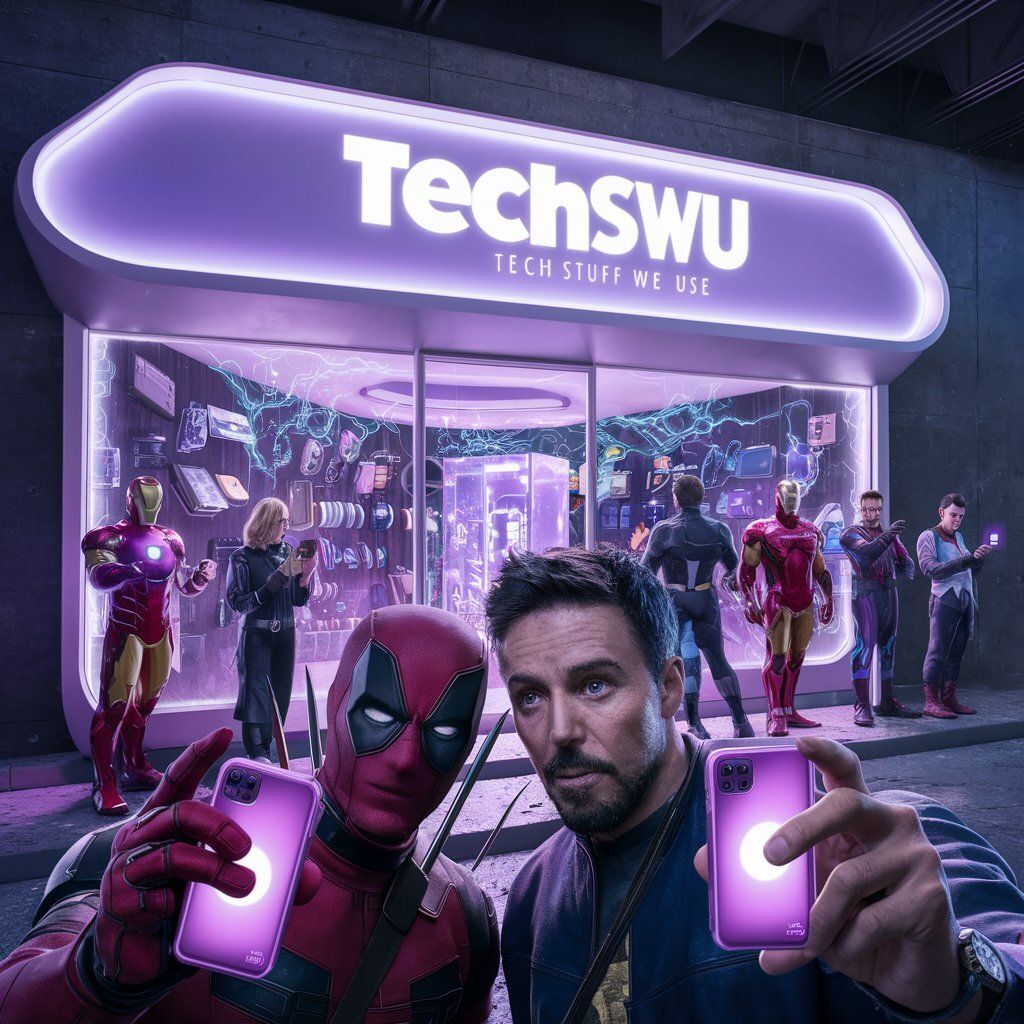
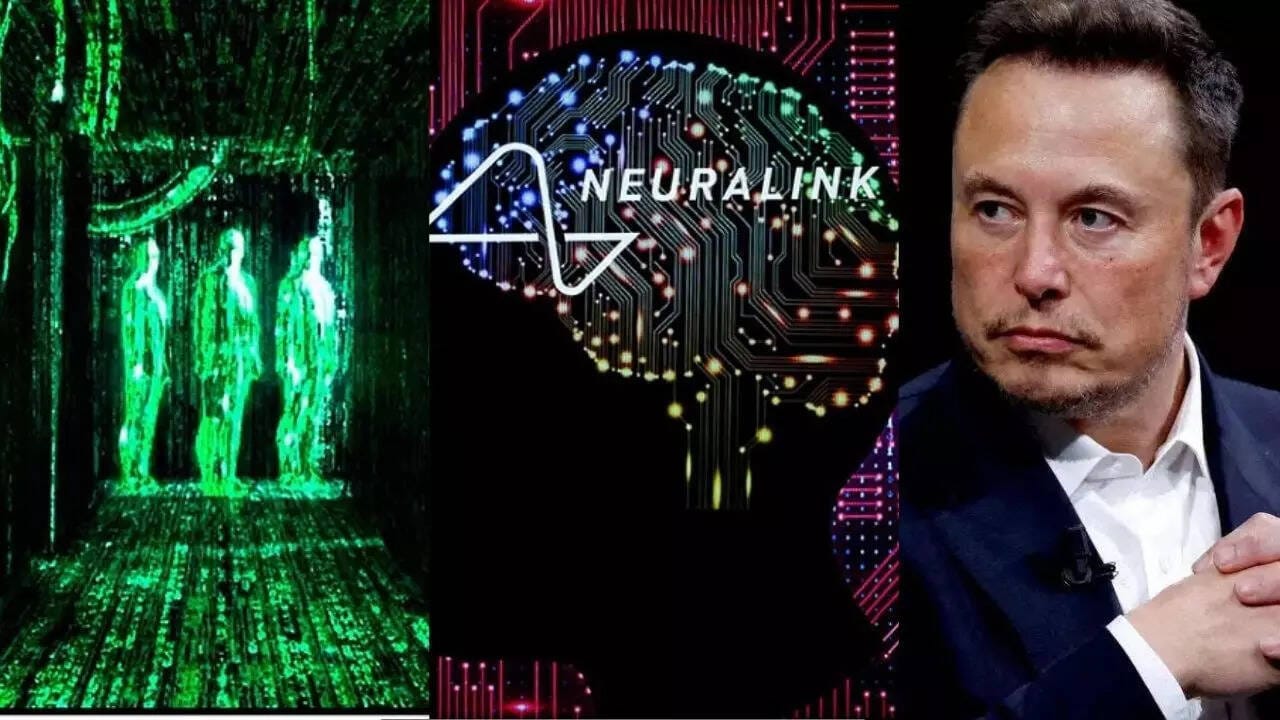
Elon Musk's Neuralink has taken a groundbreaking leap by implanting its brain chip in a ninth human participant, following the success of its initial trials. This innovative brain-computer interface (BCI) interprets brain signals, allowing users, especially those with physical disabilities, to control devices like computers and smartphones simply by thinking.
Initially aimed at helping individuals regain digital independence, Neuralink's ultimate goal is far more ambitious—creating a seamless connection between humans and AI, reminiscent of sci-fi fantasies like "The Matrix." With the potential to enhance cognitive abilities, share memories, and even enable brain-to-brain communication, the future promises to blur the lines between thought and technology.
However, ethical concerns around safety, privacy, and cognitive enhancement linger as Neuralink continues to push forward, aiming for expanded trials and regulatory approvals by 2025.
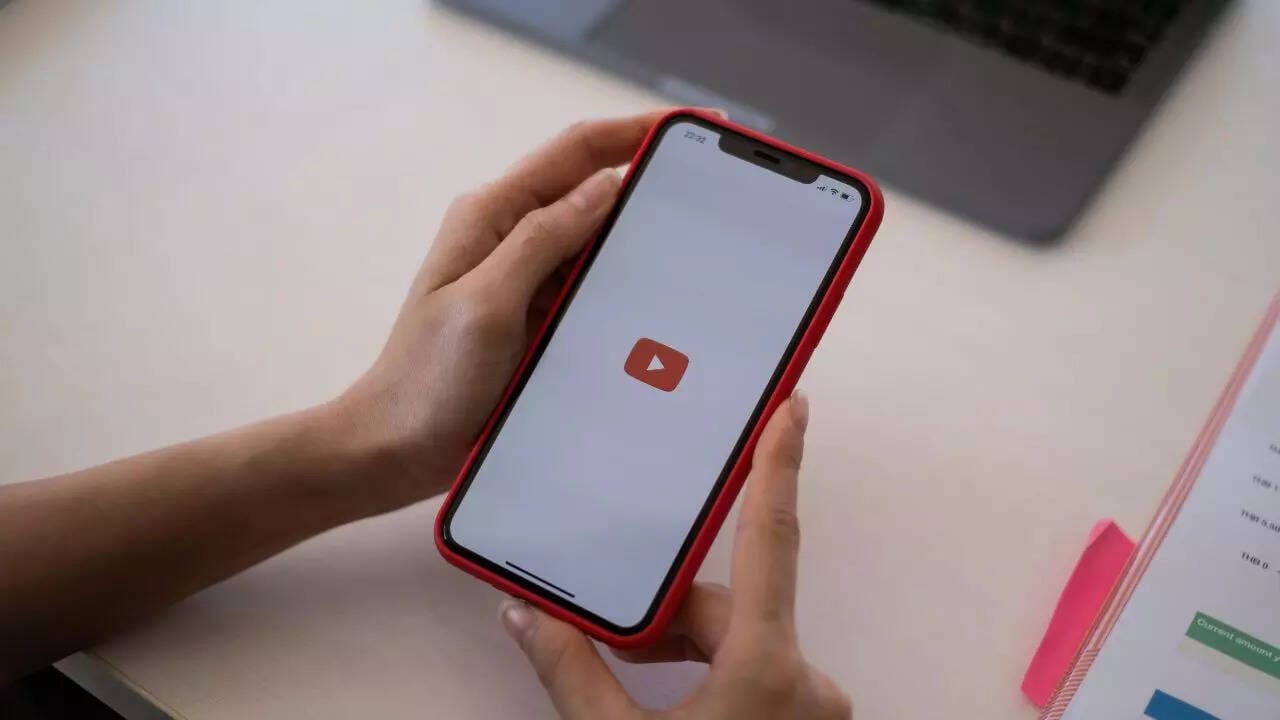
YouTube is revolutionizing age verification in the US with its new AI-powered system designed to protect teens online. This innovative technology evaluates a user’s search and watch history along with account activity to accurately infer their age—regardless of what's listed on their profile.
As part of this initiative, teens will be shielded by age-appropriate features, which include disabling personalized ads and enhancing digital well-being tools. The rollout, which begins with a select group of users, showcases YouTube’s ongoing dedication to creating a safer digital environment for kids and families.
If a user is mistakenly identified as a teen, they'll have the option to verify their age using methods like a credit card or ID. This significant advancement underscores YouTube's commitment to fostering a more responsible online experience for younger audiences.
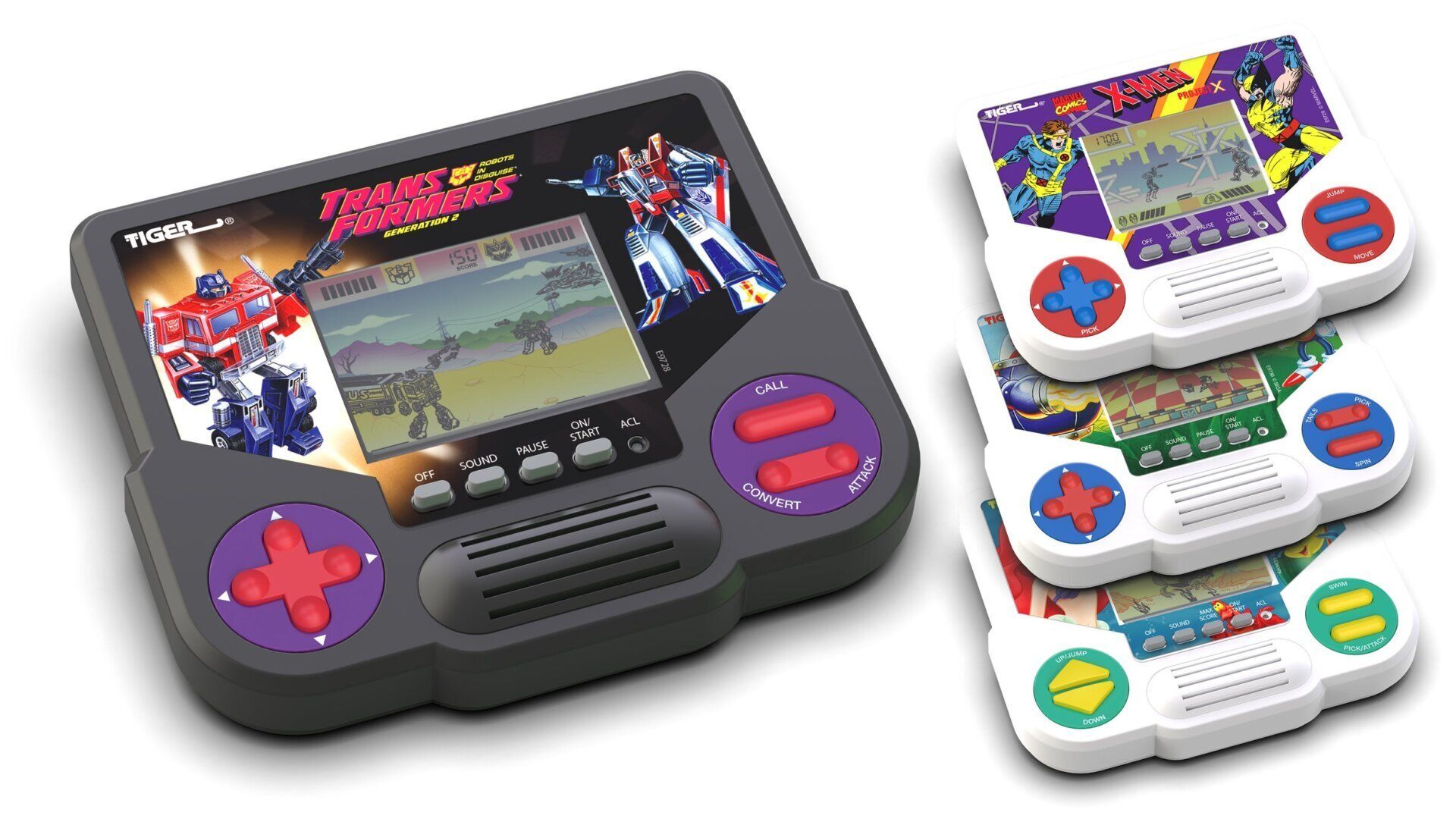
Get ready for a blast from the past! Hasbro is reviving the beloved Tiger Electronics handheld LCD games, just in time for Toy Fair 2020. Nostalgic gamers from the late ‘80s and early ‘90s will be thrilled to see four classic titles getting modern makeovers: Sonic the Hedgehog 3, Disney’s Little Mermaid, Marvel's X-Men Project X, and Transformers Generation 2.
These updated handhelds, which were known for their simple controls and addictive gameplay, will sell for about $15 each. While they retain the charm of the originals, expect some enhancements under the hood to make your gaming experience last longer—goodbye, battery woes! As toy companies continue to tap into our collective nostalgia, this revival promises to put smiles on the faces of both old fans and new players alike.
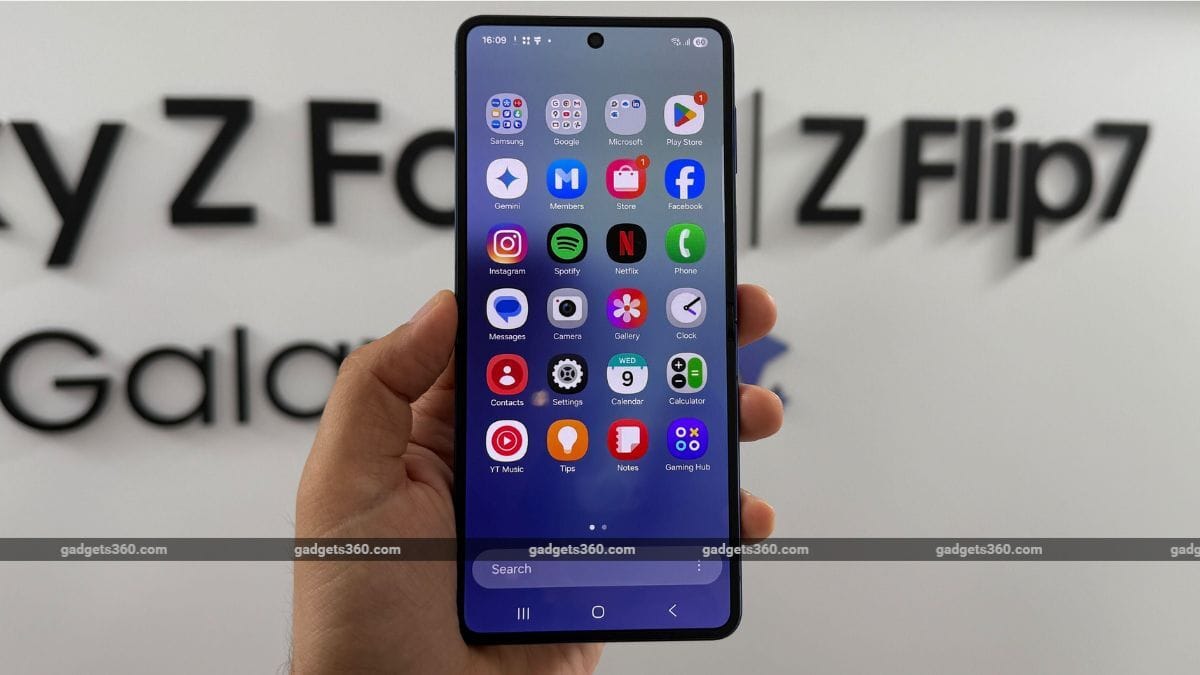
Get ready for the future! Apple is set to launch its first foldable iPhone, rumored to hit the market in September 2026 as part of the iPhone 18 lineup. According to reports from JPMorgan, this sleek gadget will feature a book-style design with a 7.
8-inch internal display and a 5.5-inch cover screen—perfect for multitaskers.
Priced at around $1,999, it's expected to generate a whopping $65 billion in revenue, with sales projected to reach mid-40 million units by 2029. Sporting an ultra-thin profile of just 9.
2mm when folded, this phone is not just about style; it promises advanced features, potentially even a dual rear camera setup. With the tech world buzzing, all eyes are on Apple as it prepares to enter the foldable phone arena, drawing comparisons to competitors like Samsung.

Vogue readers are buzzing with outrage after discovering that an ad for Guess in the magazine's August issue features a completely synthetic model, Seraphinne Vallora. This groundbreaking but controversial use of AI technology has sparked a heated debate about the future of modeling and the fashion industry's authenticity.
Critics, including seasoned plus-size model Felicity Hayward, argue that AI models threaten to erase the hard-fought progress towards diversity and inclusivity, creating unattainable beauty standards. While some viewers see the ad as an innovative step, many express concern over potential job losses for creatives who bring fashion campaigns to life.
This incident raises essential questions about representation and the role of technology in shaping beauty ideals. As fashion faces a technological revolution, the balance between innovation and real human connection has never been more crucial.